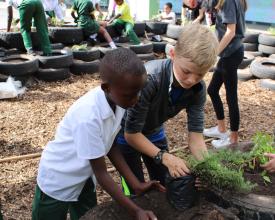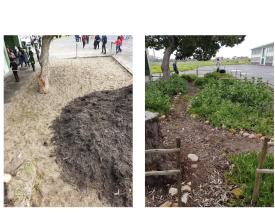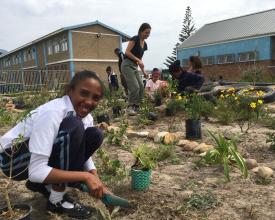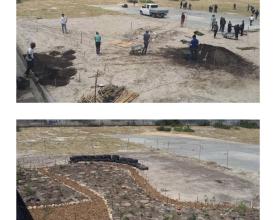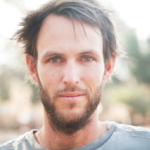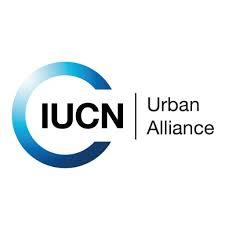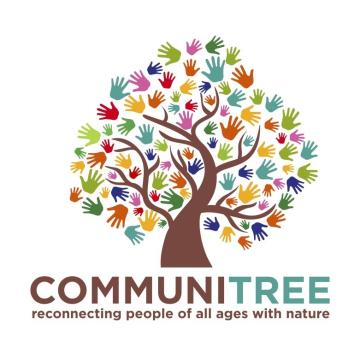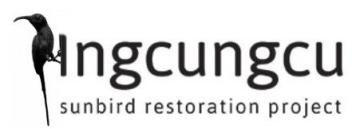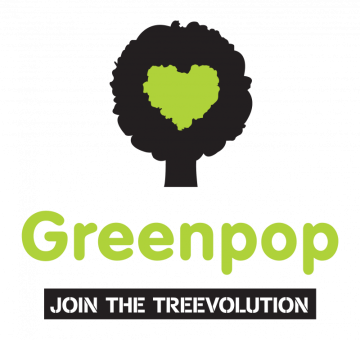
Fynbos for the Future
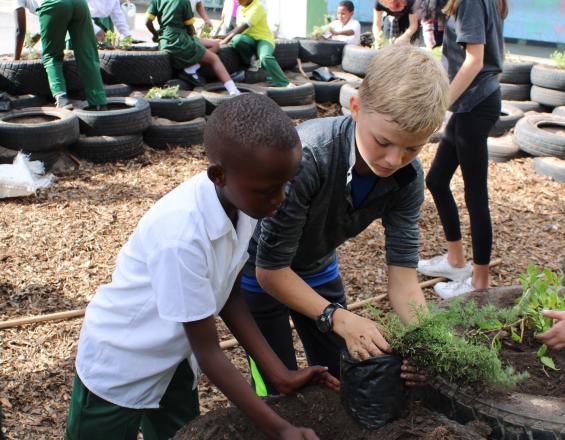
Fynbos for the Future is an Urban Greening program run by Greenpop – a Cape Town-based NPO, focused on reconnecting people with nature, and regreening our planet. The program is devoted to reconnecting people of marginalised areas with their natural heritage and encouraging a greater appreciation of nature. The programme is focused on plants of the Cape floristic region as these are locally indigenous to the Cape Flats, and are adapted to growing in these areas. Many of these plant species are also at risk of going extinct, so the programme helps boost more fynbos plant life throughout the Cape.
The Cape Floristic Kingdom is globally unique, boasting one of the highest levels of biodiversity per area anywhere on earth. There are over 9,000 species of fynbos found in the Cape Floristic Region, which is negatively impacted by agriculture, urban sprawl and other threats. Cape Town sits at the heart of this unique biome, making efforts towards conservation even more vital as the city expands.
Contexte
Challenges addressed
Emplacement
Impacts
Fynbos for the Future has been successful in planting at numerous sites that have specific requirements before the projects are carried out, and the gardens are built.
These sites have to be checked for long-term impacts to ensure continued maintenance will be carried out.
The programme has so far:
- Planted at ten outdoor classroom sites throughout the Cape Flats.
- Running six eco-educational over three years with each school. Topics such as water-wise gardening, indigenous animals, citizen science and green entrepreneurship are covered in these sessions.
- 1,200 plants from 50 different species planted per garden- these plants will range from ones that are medicinal to succulent to endangered.
- Providing havens of biodiversity for pollinators in under greened areas.
- Hands-on eco-education to school children and community members.
- Gardens to be enjoyed in under greened areas.

